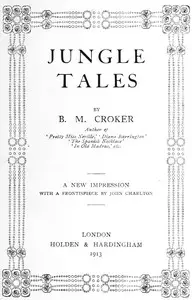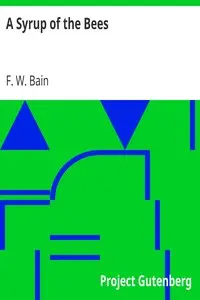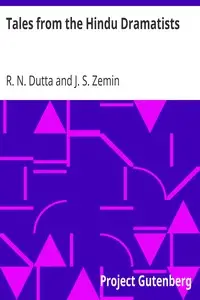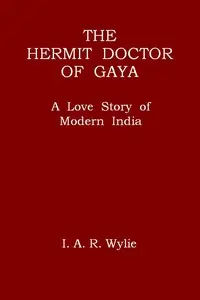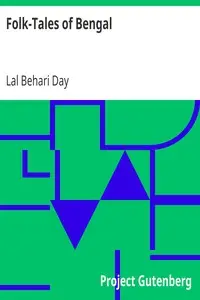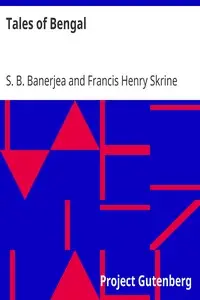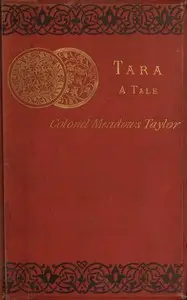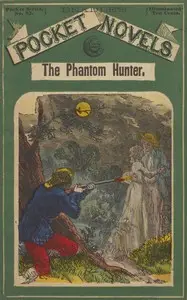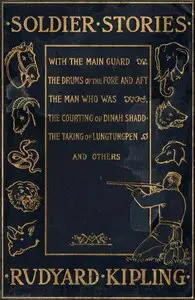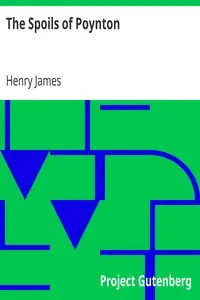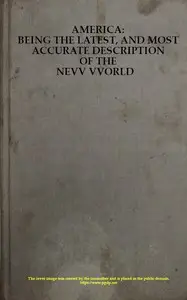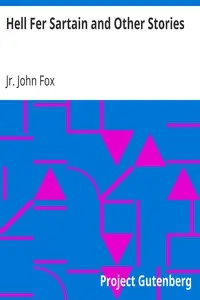"The Poison Tree: A Tale of Hindu Life in Bengal" by Bankimacandra Cattopadhyaya is a story that occurs in the late 1800s and follows Nagendra Natha Datta and Surja Mukhi, a husband and wife, as they deal with problems in their relationships and family inside the traditional Hindu environment of Bengal. The book looks closely at love, responsibility, and how social standards affected people's lives, especially looking at marriage and selflessness inside a world controlled by men. Nagendra starts a trip by boat because his wife, Surja Mukhi, told him to be careful because of the storms. As he travels, he sees how rough nature can be and the realities of rural Bengali life. At the same time, the story introduces Kunda Nandini, a young girl who recently lost her father and is facing uncertainty. Her relationship with Nagendra and the story that follows suggest ideas of destiny, love, and the social pressures on women at the time, building up a rich story of individual and group problems inside the cultural world of Bengal.
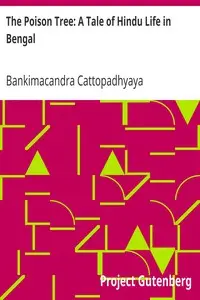
The Poison Tree: A Tale of Hindu Life in Bengal
By Bankimacandra Cattopadhyaya
When a wealthy man encounters a young, orphaned girl during a treacherous journey, their lives become entangled in a web of love, societal expectations, and sacrifice in 19th-century Bengal.
Summary
About the AuthorBankim Chandra Chattopadhyay was an Indian novelist, poet, essayist and journalist. He was the author of the 1882 Bengali language novel Anandamath, which is one of the landmarks of modern Bengali and Indian literature. He was the composer of Vande Mataram, written in highly Sanskritised Bengali, personifying India as a mother goddess and inspiring activists during the Indian Independence Movement. Chattopadhayay wrote fourteen novels and many serious, serio-comic, satirical, scientific and critical treatises in Bengali. He is known as Sahitya Samrat in Bengali.
Bankim Chandra Chattopadhyay was an Indian novelist, poet, essayist and journalist. He was the author of the 1882 Bengali language novel Anandamath, which is one of the landmarks of modern Bengali and Indian literature. He was the composer of Vande Mataram, written in highly Sanskritised Bengali, personifying India as a mother goddess and inspiring activists during the Indian Independence Movement. Chattopadhayay wrote fourteen novels and many serious, serio-comic, satirical, scientific and critical treatises in Bengali. He is known as Sahitya Samrat in Bengali.

